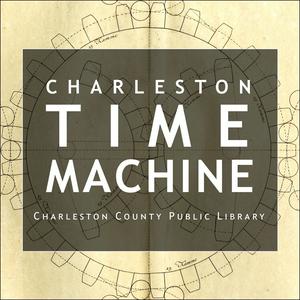No advertising. More Prime.
No advertising. More Prime.
No advertising. More Prime.
No advertising. More Prime.
The podcast starts in
- 0 sec.
Episode 316: Governor William Campbell and the Scorpion, sailing to Charleston in 1775
Episode 315: Lord William Campbell, Sarah Izard, and their Carolina Connection, Part 2
Episode 314: Lord William Campbell, Sarah Izard, and their Carolina Connection, Part 1



Charleston Time Machine